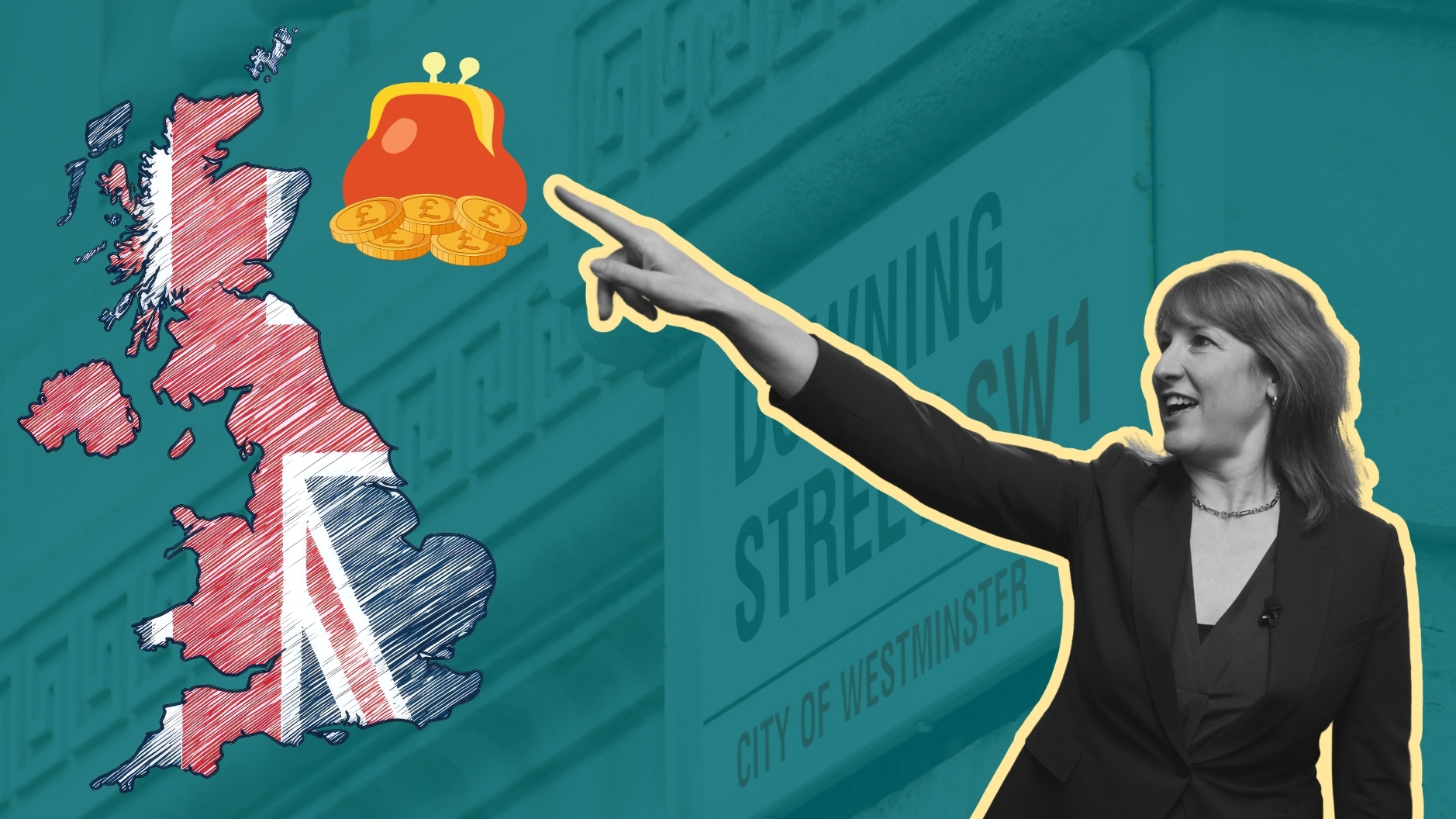The effect of low-skilled immigration on Britain's productivity
The effects of low-skilled immigration into the UK may be more complicated than many people think, says James Lewisohn.
Get the latest financial news, insights and expert analysis from our award-winning MoneyWeek team, to help you understand what really matters when it comes to your finances.
You are now subscribed
Your newsletter sign-up was successful
Want to add more newsletters?

It's been a politically busy week, so like the majority of our politicians, we could be forgiven for missing a coda to September's Migration Advisory Committee report on immigration to the UK from Europe.
The report was much commented on, largely because it claimed that European migration into the UK has caused only "small impacts" to our economy compared to many other events such as the post-Brexit Referendum devaluation of sterling, for example.
Overall, its main takeaway appeared to be that the many immigrants to the UK from the EU (who arrived in waves, first after we opened our borders to Eastern European states in 2004, and again during the economic crisis from 2008 onwards) have made a much more fiscally positive contribution to the UK than immigrants from elsewhere.
Try 6 free issues of MoneyWeek today
Get unparalleled financial insight, analysis and expert opinion you can profit from.

Sign up to Money Morning
Don't miss the latest investment and personal finances news, market analysis, plus money-saving tips with our free twice-daily newsletter
Don't miss the latest investment and personal finances news, market analysis, plus money-saving tips with our free twice-daily newsletter
This conclusion fitted nicely with the views of most politicians and journalists and so generated a good few headlines along the lines of "Immigration myths that fuelled Brexit blown apart" (the Independent). But is the conclusion really so simple? It seems not.
Last Tuesday, the Committee's chair, the LSE's Professor Alan Manning, gave evidence to the Home Affairs Select Committee (a third of whose members were too busy to attend). The SNP's Stuart McDonald MP asked the important question: given the research, he asked, should the conclusion just be that the best thing for the UK to do would be to "just carry on with free movement of people" from the EU?
The answer was a surprise. No, replied Professor Manning. He and his team had, regrettably, failed to synthesise their argument. "It's all in there but it's not brought together in one place", he apologised. What they actually meant, he explained, is "that lower-skilled migrants have been fiscally-negative [] They make the UK a slightly lower wage, lower productivity kind of economy. Any effects that they have on innovation are not positive... And, basically, if you say, and what have been the benefits of this lower-skilled migration, there isn't very much on the positive side of the ledger."
"That doesn't come through very much in your report, as you say", said Mr McDonald. And indeed, it doesn't. But it is very very important.
If Professor Manning's conclusion is correct (and a lot of work has gone into it) then he may just have put the UK's 14-year debate over the EU's bedrock principle free movement of labour to bed.
By the time of the EU referendum, the UK had seen more EU immigration (and vastly more low-skilled immigration) than any other country it has, for example, been the primary reason why the UK's foreign-born population, rose from 8.6% in 2003 to 12.3% even at a time when major economies such as Germany and Italy actually saw their foreign-born populations slightly contract.
If, as many have argued, that has come with huge fiscal benefits for the UK it isn't necessarily a bad thing. But if it has not, as seems to be the case, a more restrictive policy post Brexit might be a very good idea. It could, for example, force Britain's employers of low-wage labour to invest in greater automation, leading to greater productivity (this by the way is already happening even in advance of Brexit) and to real wage growth. That, surely, would be a result welcomed by both sides of the Brexit debate.
Get the latest financial news, insights and expert analysis from our award-winning MoneyWeek team, to help you understand what really matters when it comes to your finances.
James Lewisohn began his career as an investment banker in New York with Bear, Stearns & Co. He went on to work as an M&A advisor in London at UBS Warburg, and was head of private equity for Lord (Jacob) Rothschild's investment group, including RIT Capital Partners Plc and the Yad Hanadiv Foundation.
James currently works as an advisor to investment funds, family offices and companies, and is chairman of the Investment Committee of Poul & Erna Sehested Hansens Fond, a Danish medical and educational charity. He is also a trustee of Barry & Martin's Trust, a UK charity dedicated to HIV/AIDS prevention and care in China.
-
 What do rising oil prices mean for you?
What do rising oil prices mean for you?As conflict in the Middle East sparks an increase in the price of oil, will you see petrol and energy bills go up?
-
 Rachel Reeves's Spring Statement – live analysis and commentary
Rachel Reeves's Spring Statement – live analysis and commentaryChancellor Rachel Reeves delivered her Spring Statement today (3 March). What was announced?